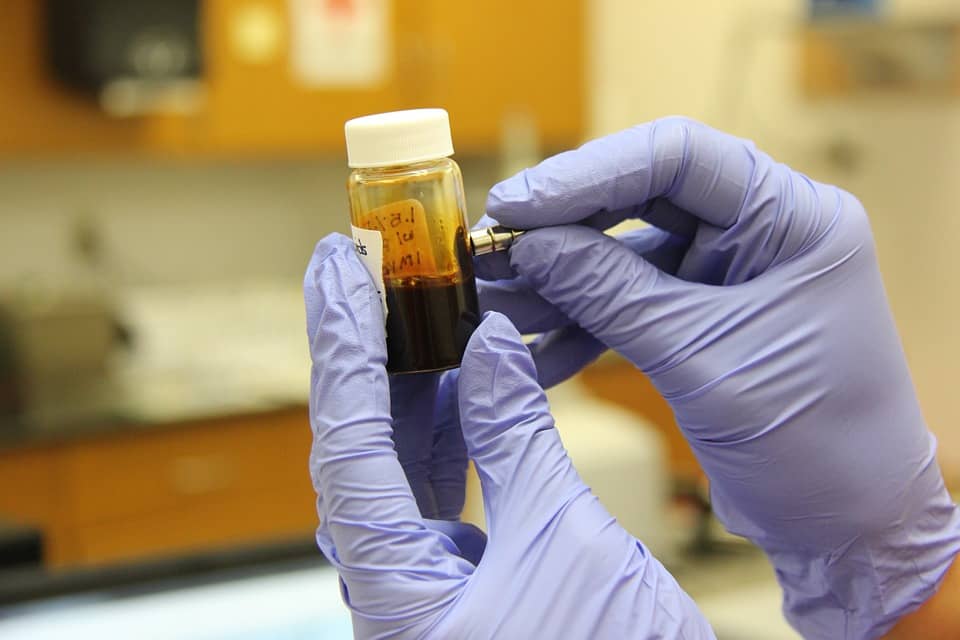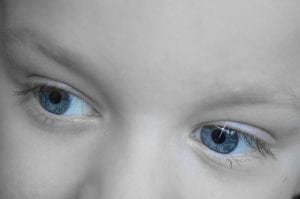Biotech company Ovid has released disappointing results from a trial of OV101, a potential treatment for Angelman’s syndrome. The Phase 3 trial demonstrated that there was no significant difference in effectiveness between the placebo and OV101. Ovid must now decide if it is worth it to further develop this treatment.
About Angelman’s Syndrome
Angelman syndrome (AS) is a neuro-genetic disorder. Due to its rarity, it is often misdiagnosed as cerebral palsy or autism. It is characterized by seizures, developmental disabilities, and neurological problems and occurs when a gene on chromosome 15 is either defective or missing. The reason for this change in chromosome 15 is unknown, as there does not seem to be a hereditary component.
The first signs of AS present in early childhood, as children do not crawl or talk at the normal age. Seizures will come later in childhood. Children with this syndrome are often very happy and like to laugh and smile. Other symptoms of this condition include minimal or no speech, small head size, difficulty with walking and moving, tongue thrusting, hand flapping and uplifted arms when walking, stiff and jerky movements, sleep disorders, and feeding difficulties.
After a doctor notices the characteristic symptoms of AS, they will order genetic tests to confirm a diagnosis. These tests may be a DNA methylation test, gene sequencing tests, and fluorescence in situ hybridization (FISH) tests. After a diagnosis is confirmed, treatment is meant to manage the symptoms of the syndrome. Common treatments include anti-seizure medications and behavioral, physical, and communication therapy.
Development of OV101
Jeremy Levin began Ovid in 2015 with the goal of repurposing drug candidates that currently have no use for rare brain conditions. The first therapy licensed by his company was gaboxadol, which had been abandoned and labeled as a “non-addictive sleeping pill.” In 2017, the pill was renamed OV101 before going public.
Levin and his partner, Matthew During, thought that OV101 would be a positive treatment for Angelman’s syndrome. They included patient opinions, caregiver input, and consultation from doctors in their study design to ensure that it provided the most benefit for the patient.
A prior Phase 2 trial was positive, although some remained skeptical. As the Phase 3 trial ended in failure, it seemed that this doubt was warranted. Using a seven point scale, OV101’s effect on patients’ condition was a 0.7 point improvement, while the placebo’s effect was a 0.8 point improvement.
Looking Forward
These results are very disappointing for researchers and patients. Ovid must now evaluate any further moves for this drug, if any exist at all. They are still developing OV935 with Takeda for rare epilepsies as well, which they can turn their attention to in the loss of OV101.
Find the source article here.







